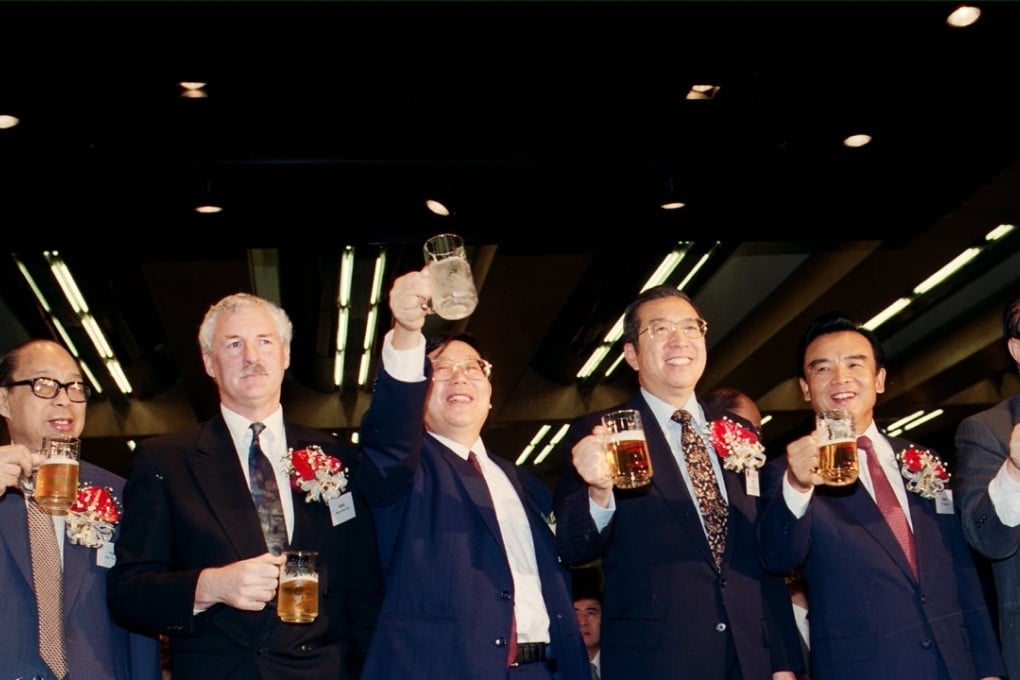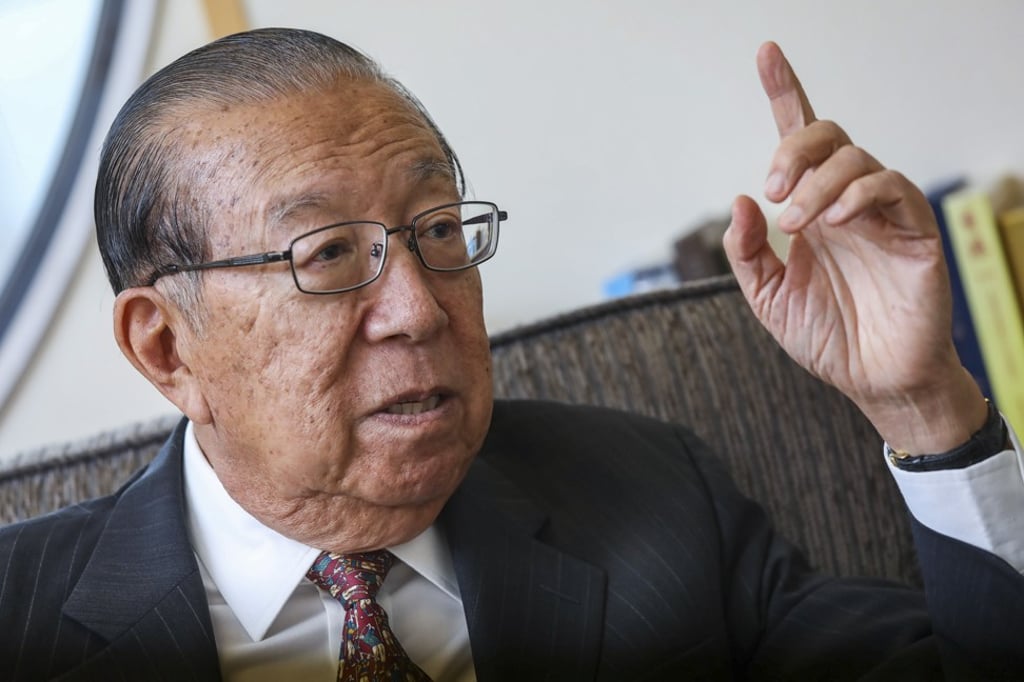Exclusive | Hong Kong has played an outsize role in contributing to the growth of China’s financial market
- One in every two companies on the Hong Kong exchange is mainland-linked, representing 67.3 per cent of capitalisation and 79 per cent of turnover

When Communist Party officials were debating during the late 1980s to open the very symbol of capitalism – the stock market – on the mainland to finance China’s modernisation, they looked south to Hong Kong for help.
Hong Kong was where the commencement date of the Shanghai Stock Exchange was announced by then mayor and commissar Zhu Rongji, who picked up the mantle after an earlier proposal for a Beijing exchange was left in limbo by the political tension following the June 1989 Tiananmen Square military crackdown.
In the 1990s, Hong Kong was among the four so-called Dragon Economies of Asia, where growth had averaged 7 per cent every year since the 1960s. More than 400 stocks traded on Hong Kong’s main board, with the market capitalised at HK$1.3 trillion (US$166 billion in today’s exchange rate), ranking second in Asia after Tokyo.
The market’s capitalisation was almost eight times China’s entire foreign exchange reserves at that time, making the city the ideal location for Chinese companies to access a deeper pool of capital and investors.
“We have a much deeper, liquid pool of international investors here,” said Charles Lee Yeh-kwong, the first chairman of the Hong Kong Exchanges & Clearing Limited, a merger of the city’s stock and future bourses, during an interview last week with the South China Morning Post. “That fact was recognised by President Xi Jinping when he recently commended Hong Kong’s role in China’s capital market.”

China Merchants Port Holdings, renamed from Hai Hong Holdings, would become the first offshore-listed company with a Chinese parent – the so-called Red Chips – to raise money in Hong Kong, with an initial public offering (IPO) in July 1992, more than 300 times oversubscribed.
“There was very strong appetite for Chinese companies to list in Hong Kong,” said Carlson Tong Ka-shing, who helped in China Merchant’s IPO as KPMG accounting partner before he became chairman of the Securities and Futures Commission (SFC) upon retirement.
